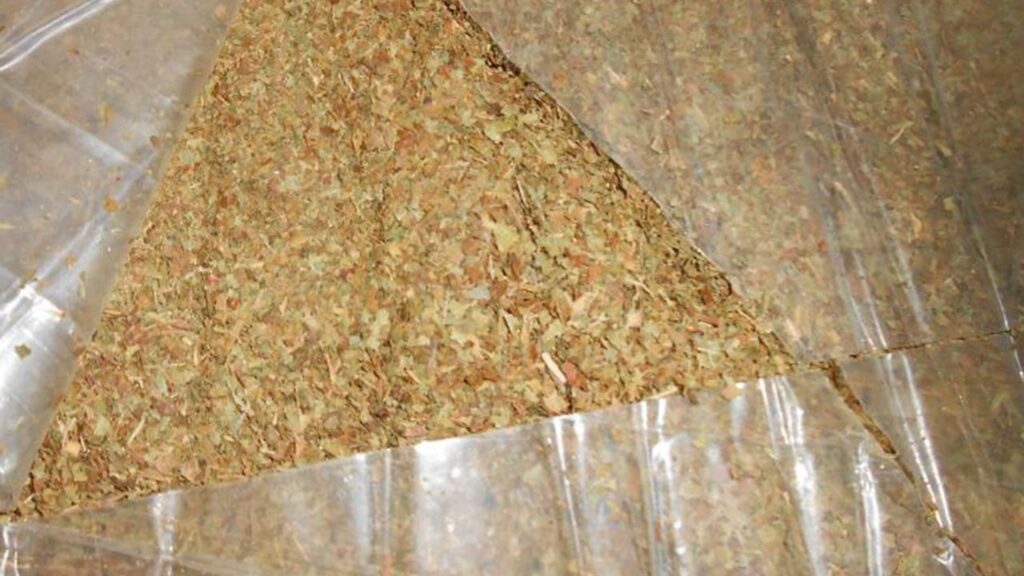Kratom, an herbal supplement derived from the leaves of a Southeast Asian tree, has gained popularity in the U.S. for its stimulant and opioid-like effects. However, its use has raised concerns among employers, addiction treatment providers, and individuals undergoing drug testing. This article explores whether kratom can be detected in various types of drug tests.
What Is Kratom?
Kratom (Mitragyna speciosa) is a tropical tree native to Thailand, Malaysia, and other regions of Southeast Asia. The leaves of the kratom tree contain compounds that can have mind-altering effects. At low doses, kratom acts as a stimulant, increasing alertness and energy. At higher doses, it can produce effects similar to opioids, such as pain relief and euphoria.

Legal Status and Effects
The legal status of kratom varies by country and even by state within the U.S. While it is legal under federal law, some states have banned or restricted its use. The Drug Enforcement Administration (DEA) has listed kratom as a “drug of concern” but has not classified it as a controlled substance.
Kratom’s effects on the body are not fully understood, and research is ongoing. Some people use kratom to self-treat chronic pain, anxiety, depression, and opioid withdrawal symptoms. However, the Food and Drug Administration (FDA) has warned that kratom carries risks, including addiction, abuse, and dependence.
Drug Testing Methods for Kratom
Several drug testing methods are commonly used, each with varying abilities to detect kratom:
- Urine Tests – Urine tests are the most common type of drug test. While standard 5-panel urine tests do not screen for kratom, some extended panel tests may include it. However, these tests are less common and must be specifically requested.
- Blood Tests – Blood tests can detect recent kratom use but have a shorter detection window compared to urine tests. They are rarely used for routine drug screenings.
- Hair Follicle Tests – Hair follicle tests can detect drug use over a longer period, typically up to 90 days. However, there is limited information on whether kratom can be detected in hair follicle tests.
- Saliva Tests – Saliva tests have a short detection window, usually a few days, and are less commonly used for drug screenings. The ability of saliva tests to detect kratom is not well-established.
It is important to note that while standard drug tests may not screen for kratom, specific kratom tests are available. These tests are more likely to be used if there is a suspicion of kratom use.
Importance of Disclosure
If you are using kratom, it is crucial to disclose this information to your employer, addiction treatment provider, or any other relevant party. Failing to disclose kratom use could lead to consequences if it is discovered later. Additionally, being transparent about your kratom use can help ensure that you receive appropriate support and treatment.

Get Addiction Help Today
While standard drug tests may not detect kratom, extended panel tests or specific kratom tests can. The likelihood of kratom being detected varies depending on the type of test and the timeframe of use. If you are using kratom, it is essential to be honest about your use with employers and healthcare providers to avoid potential complications and to access suitable support services.
If you or someone you know is struggling with kratom use or addiction, help is available. Contact Destination Hope at 954-302-4269 to learn more about our specialized addiction treatment programs in Fort Lauderdale, Florida. Our experienced team is here to support you on your journey to recovery.

